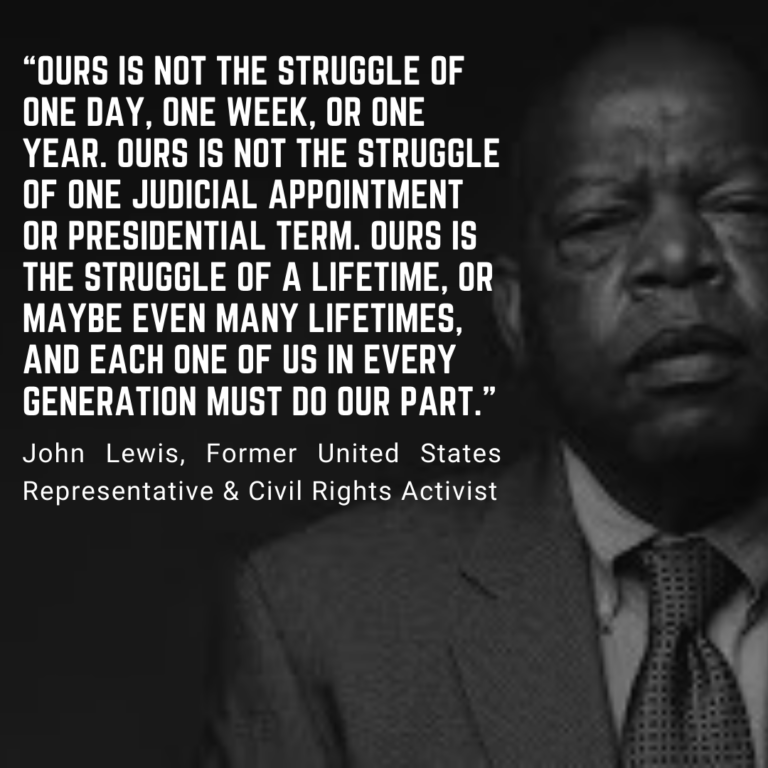Every February, we celebrate Black History Month—a time dedicated to honoring the contributions, resilience, and legacy of Black people throughout history. But in today’s climate, where historical truths are being challenged, rewritten, or erased, acknowled ging and uplifting Black history has become more crucial than ever.
The Threat to Historical Truth
Black history is American history. From the foundational labor of enslaved Africans who built this nation’s economy to the trailblazing innovations in science, arts, politics, and civil rights, Black people have shaped the very fabric of our society. Yet, for centuries, their stories have been marginalized, omitted, or distorted. Acknowledgment is the first step in undoing this systemic erasure. It is not just about celebrating achievements—it’s about recognizing the full, unfiltered truth of Black experiences in America.
We are living in an era where book bans, curriculum restrictions, and political rhetoric attempt to downplay the significance of Black history. Efforts to remove key historical events, such as slavery, Reconstruction, Jim Crow, and the Civil Rights Movement, from educational spaces are a direct attack on truth and justice. By acknowledging Black history, we ensure that future generations have access to an accurate and inclusive narrative—one that reflects the struggles and triumphs of Black communities.
Why Black History Month Matters
Some argue that Black History Month is unnecessary, that Black history should be recognized year-round—and while that is true, Black History Month remains a necessary and intentional time to amplify these stories. It provides a dedicated space to:
• Honor the past by recognizing the sacrifices and victories of those who came before us.
•Educate the present by shedding light on the systemic inequalities that persist today.
• Inspire the future by empowering young Black individuals with knowledge, pride, and a sense of possibility.

Taking Action Beyond the Month
Celebrating Black history should not end on February. We can continue to uplift and honor Black history year-round by supporting Black educators and historians who are committed to preserving and teaching these stories. Engaging with Black literature, art, and media that authentically reflect the Black experience is another essential way to keep the conversation alive. Advocating for inclusive education policies ensures that Black history remains an integral part of school curriculums. Additionally, investing in Black businesses and communities is a tangible way to support economic empowerment and long-term growth.
Black History Month is more than a celebration—it is an act of resistance against historical erasure. In a time where truth is under attack, we must remain vigilant in amplifying the voices, contributions, and legacies of Black people. Acknowledgment is power, and by standing firm in the truth of Black history, we ensure that the fight for justice, equality, and recognition continues.
Let us not just commemorate history—let us commit to preserving and elevating it every single day.


